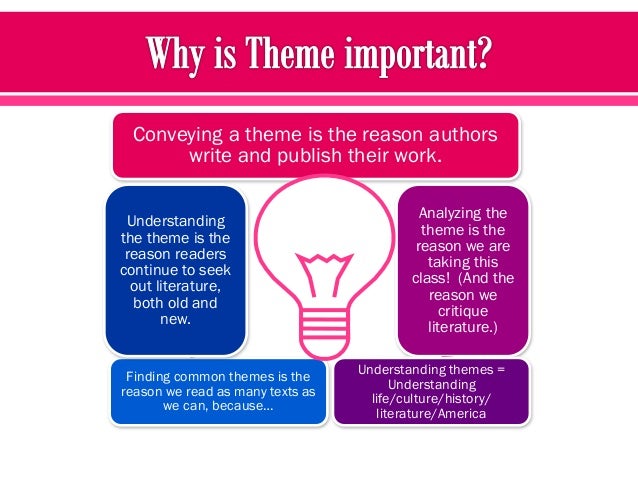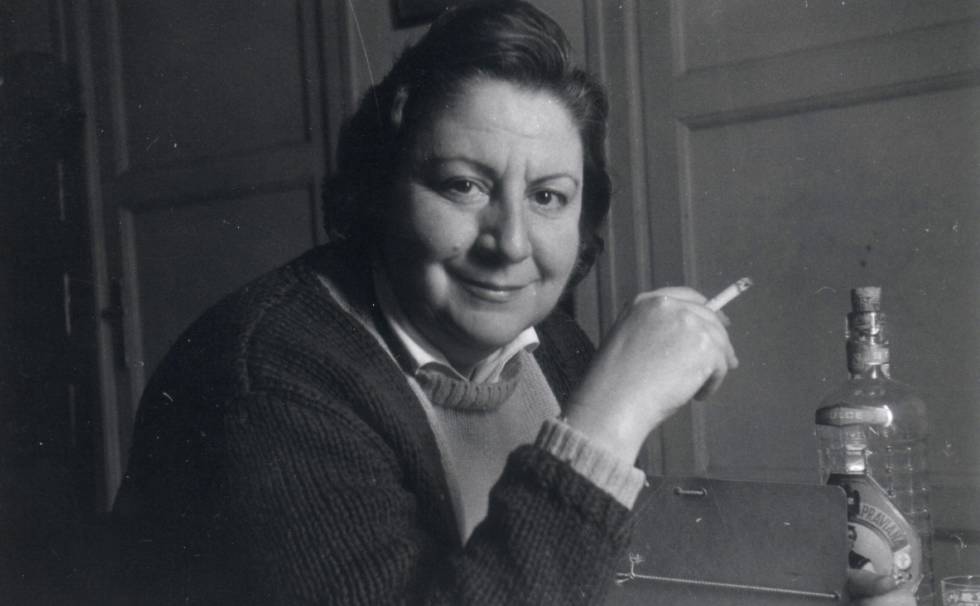
Memory and ghosts
Prophets and clairvoyance
Womanhood as inherently violent
Mythology
Creation and Apocalypse
Strength and weakness
Invisible and visible
Nature's destruction and life-giving power
Life and death
Sense of hope

"Euripides was one of the most popular and controversial of all the Greek tragedians, and his plays are marked by an independence of thought, ingenious dramatic devices, and a subtle variety of register and mood." "Medea is a story of betrayal and vengeance, and one which gives an excellent example of the prominence and complexity that Euripides gave to his female characters. Medea, wife of Jason, is incensed that her husband would leave her to make a political marriage after the many sacrifices she has made for him. In her wrath, she murders both his new bride and their own children, thus taking her revenge. This new translation does full justice to the lyricism of Euripides' original work, while a new introduction provides a guide to the play, complete with interesting details about the traditions and social issues that influenced Euripides' world."--Medea

“See now that I, even I am he, and there is no god with me; I kill and I make alike, I wound and I heal, neither is there any can deliver out of my hand.”
—Deuteronomy 32:39

"We on our backs staring at the stars above,
Talking about what we are going to be when we grow up,
I said what you wanna be? She said, ‘Alive.’”
—Outkast, “Da Art of Storytellin’” (Part One) Aquemini

“For though I’m small, I know many things,
And my body is an endless eye
Through which, unfortunately, I see everything.”
—Gloria Fuertes, “Now”
